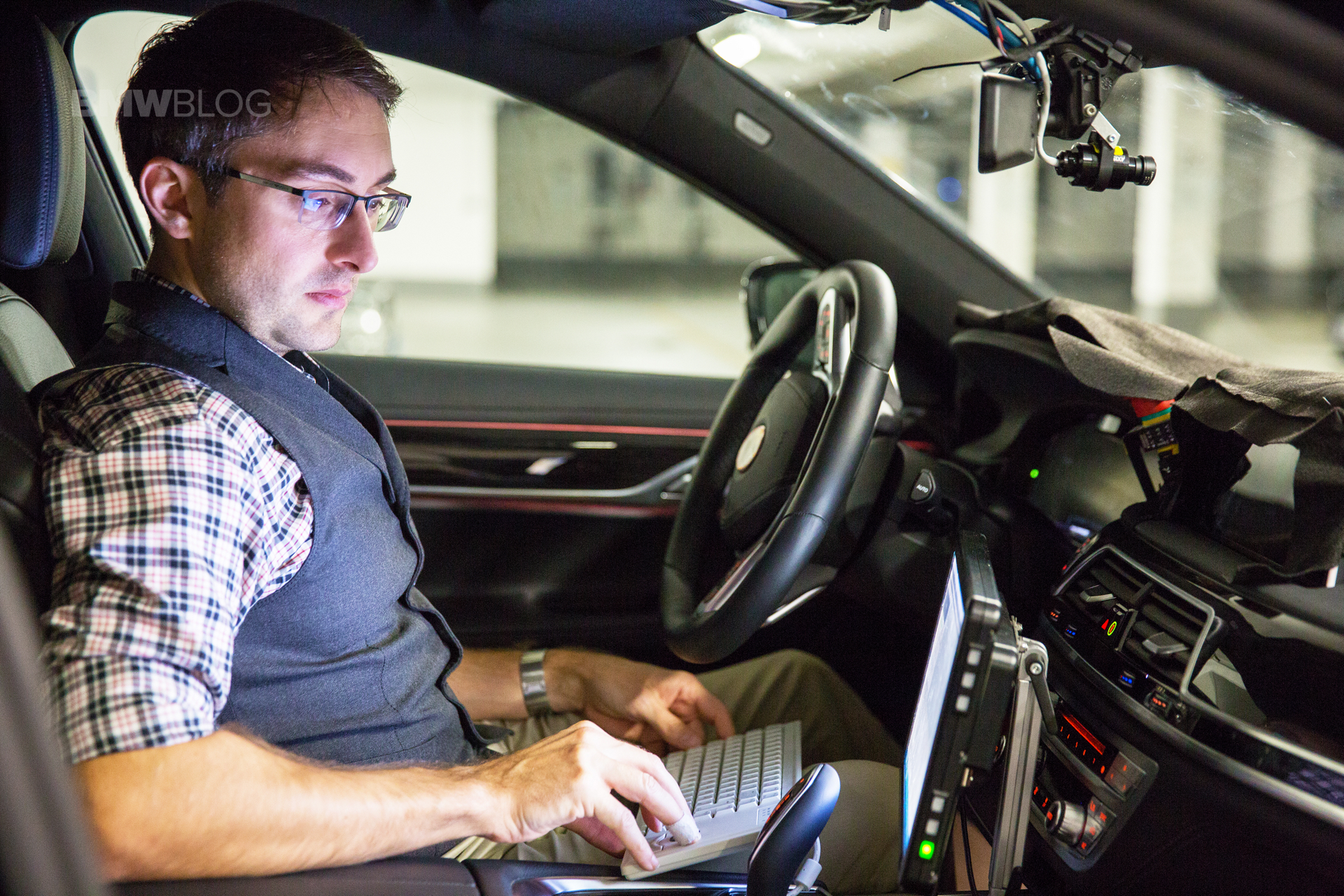BMW and other large automakers have set in motion plans to build their own, giant data centers. The moves are part of an expanding effort by European carmakers and suppliers to build the computing capacity — so-called big data — much needed for self-driving computations.
“The processing power needed to deal with all this data is orders of magnitude larger than what we are used to,” said Reinhard Stolle, a vice president in charge of artificial intelligence at the German automaker BMW, which is building a data center near Munich that is 10 times the size of the company’s existing facility. “The traditional control engineering techniques are just not able to handle the complexity anymore.”
Future self-driving cars have to rely on constant, reliable and fast communications, while analyzing massive amounts of data to make decisions to smooth traffic flow, save fuel and avoid hazards. With that, comes the challenges of information technology for companies that more known for their manufacturing acumen than IT skills.
Stolle said that BMW has hired more information technology specialists in 2016 than mechanical engineers while it also needs huge data-crunching capability. BMW has already put on the road a fleet of 40 prototype autonomous cars, as a pilot before a major rollout.
BMW uses artificial intelligence to analyze the enormous amounts of data compiled from test drives, part of a quest to build cars that can learn from experience and eventually drive themselves without human intervention.
After test sessions, hard disks in the cars are physically removed and connected to racks of computers at BMW’s research center near Munich. The data collected would fill the equivalent of a stack of DVDs 60 miles high, Mr. Stolle said.
“A large part of the data center has to be on premises,” Mr. Stolle said. “The amount is so huge it doesn’t work in the cloud.”
[Source: NY Times]






































































